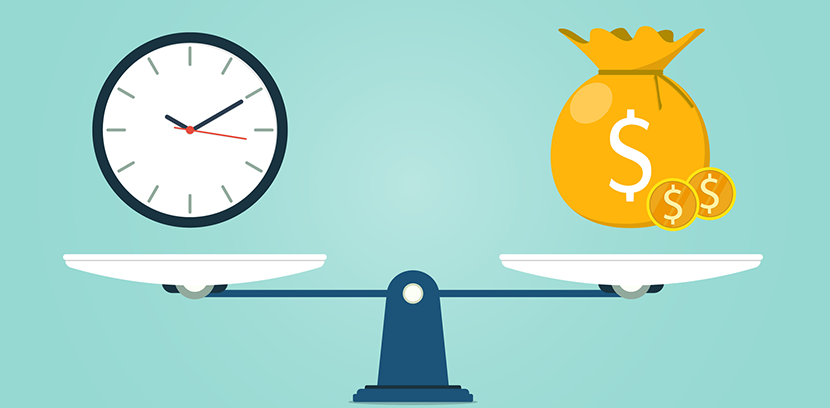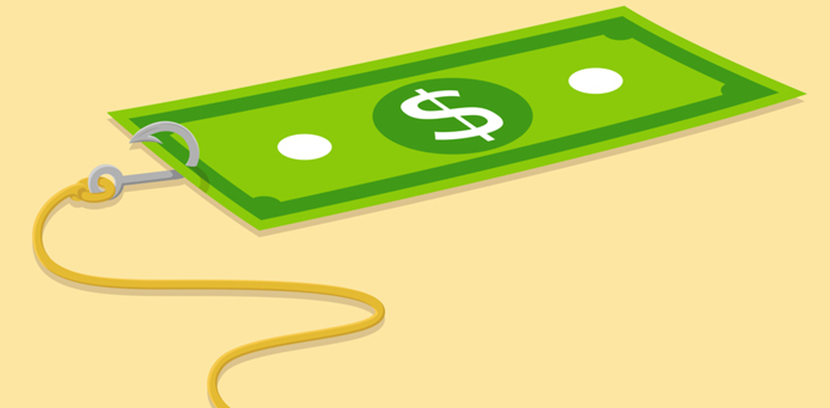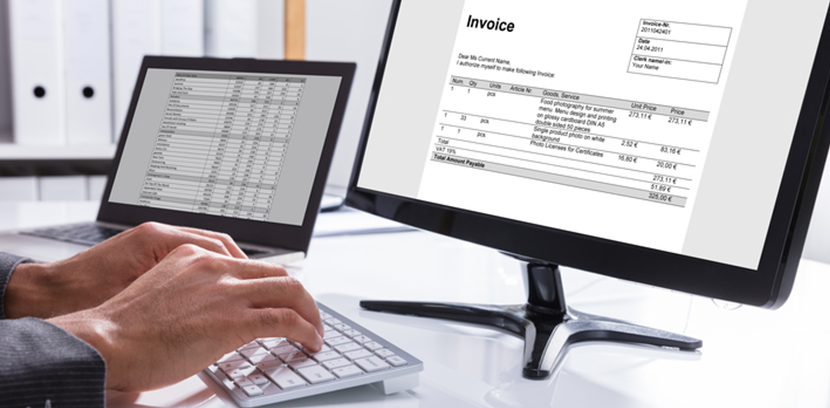Freelancing can seem glamorous when you consider being your own boss and working from anywhere. You set your own hours, choose the type of work that you love to do and you don't have to answer to any boss. Freelance work also means that you have to handle all of the other work it takes to gain and retain clients plus continue to pay your bills. It can be especially frustrating when you have to track down client payments.
It can be challenging to strike a balance with a client who hasn't paid on time. You may be tempted to take it personally, question your own worth or be tempted to blow it off. If you and your client have an agreement that you will complete work and they will pay, you are absolutely right to remind them to pay. Your chances at a successful recovery depend on how you handle the situation.
It's okay to remind your clients that they owe you money. Here are some tips and sample payment reminder notices to help.
Did you know that the longer you wait to get a debt resolved, the less likely you'll get the total amount owed to you?
It can be worrisome to consider letting another company handle a client relationship or an account that's gone way past due. The truth is, worrying about it is costing you money. You're reading this because you have questions that need answers. First and foremost...
How much does commercial debt collection cost?
It's the season of trickery and nothing can be more frightening than low cash flow. Have you been feeling "tricked" by delinquent clients? While initial meetings and calls may have gone smoothly, the client hasn't followed up on their end of the bargain? As frustrating as that can be, it's time to buck up with a few tricks of your own.
Instead of feeling tricked by delinquent clients, use these tricks to get paid on time.
Within your accounting department, there are responsibilities that can help or hamper your business' bottom line. Today we'll examine a relationship that is closely tied and could be the answer to negative cash flow. While your sales team greatly affects operations, it's the collections of those accounts that really determines the success of your business. When your accounts receivable team is not able to collect and are consistently writing off bad debt, it may be time to turn to your credit manager for answers.
A credit manager's job can affect collections and it's important to understand how.
When growing a business, organized finances, documented processes and the perfect staff can contribute to positive feedback and referrals from clients. Even when everything is going right, there will be that one particular client who seemingly steals your joy. Whether they're being difficult or too demanding (hello scope creep), it's imperative to set boundaries on the B2B relationship. When they don't pay their invoices, it could be even more frustrating.
When you're doing everything right in your business, what do you do with that one client who refuses to pay?
Working capital and cash flow is imperative to any successful business. Accounts receivable management can help ensure access to cash through a consistent credit, invoicing and collections process. Business-to-business, or B2B, collections is different from consumer collections and the procedures for collection must be handled differently as well.
An effective B2B collections process will elicit more working capital and improve cash flow. Here's how...
The simplest way to be successful in business is to manage money well. Cash flow should be steady and expenses should prove to be investments into the company's success. While the best way to improve cash flow is to collect accounts receivable balances faster, it may appear that client payments simply aren't arriving fast enough. Are the clients at fault or does accounts receivable need to reexamine their billing strategy?
Here are five proven commercial collection strategies to accelerate cash flow.
Small businesses balance on a precarious line when attempting to collect debts from their customers. Business owners trying to grow their business certainly don't want to lose customers. If those same customers don't pay their balances on time, or at all, it hurts the business even more because time and resources are already spent. Depending on the type of small business customers, there is a right way and a wrong way to do debt collection.
Here are tips to do small business debt collection the right way.
Typically, no one likes to talk about money. Whether it's personal shame of how you're handling your own debt or asking for money from people who owe you, talking out loud to someone about it can make your palms sweaty. If you're running a small or growing business, it can feel like even more of a struggle. After all, your business provides quality services or products and that's what you do best. Your clients know their part of the deal is paying for those products and services and yet... some invoices go unpaid.













